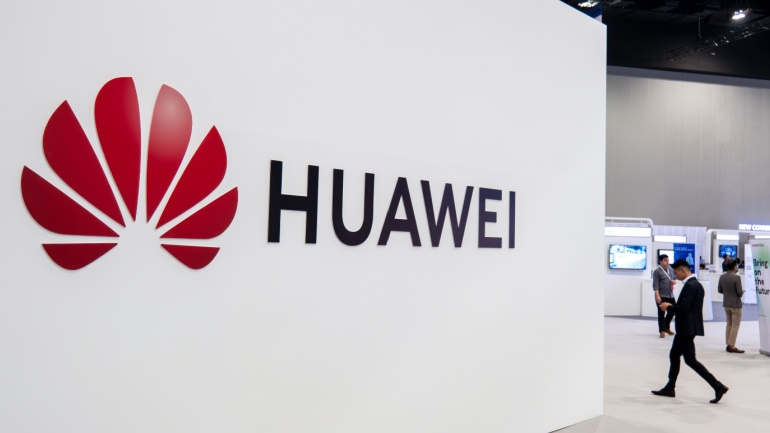Starlink has expanded its satellite backhaul services to over 100 rural base stations of Africa Mobile Networks in Nigeria, enhancing connectivity in remote areas. Since their 2023 agreement, traffic surged 45% across connected sites. Leveraging Low Earth Orbit (LEO) satellites, AMN effectively boosts base station capacity, transforming local communities with improved mobile access.
Telecom industry enthusiasts should stay updated on the latest trends and regulations, such as the groundbreaking Framework Convention on Artificial Intelligence. This AI treaty, designed by the Council of Europe, aims to align AI technologies with human rights and democracy while fostering innovation.
Swedish telecom giant Telia is streamlining operations by reducing its workforce by 3,000 jobs to cut costs by $253 million annually. This move aims to boost efficiency and decision-making speed. With the largest layoffs occurring in Sweden, Telia remains committed to local market needs and long-term success amid restructuring efforts.
AST SpaceMobile’s five BlueBird satellites are set to launch on September 12, heralding the start of their commercial non-terrestrial network services in collaboration with carriers like Verizon and AT&T. This pivotal event not only enhances global cellular connectivity but also signifies a major milestone in low Earth orbit telecommunications.
Ogi has secured £45 million from the Cardiff Capital Region to expand its full-fibre network across South Wales. This investment will enhance connectivity in key areas, supporting economic growth and bridging the digital divide. The expansion aligns with broader UK efforts to improve digital infrastructure and boost regional development.
Fujitsu is taking a bold step to popularize open All-Photonics Networks (APNs) by inaugurating a specialized lab in Düsseldorf, Germany. Scheduled to run from November 2024 to March 2025, this lab is the first outside Japan. This initiative aims to promote the global spread of Innovative Optical and Wireless Network, including APN technology.
Nokia has dismissed rumors about its mobile network business being acquired by Samsung. The Finnish telecom giant confirmed its dedication to the division, despite market speculation. This strategic asset is key for Nokia and its customers, especially with the expansion of 5G technology. Keep updated with Nokia’s innovative journey.
South Korea’s top mobile operators, SK Telecom, KT, and LG Uplus, are launching a unified Network Open API standard. This collaboration aims to lower development barriers, accelerating VoIP application creation. By standardizing APIs, they are aligning their telecom ecosystem with global standards and fostering digital innovation.
Huawei saw its revenue soar 34.3% to CNY417.5 billion ($58.8 billion) in the first half of the year, boosting net profit by 17.8% to CNY54.9 billion. Despite a slight dip in profit margins, Huawei aims to enhance business resilience and optimize its portfolio. Their innovative 5.5G network promises to revolutionize VoIP technology.
Major UK business groups are urging telecoms regulator Ofcom to extend the automatic compensation scheme for broadband outages to encompass all businesses. This demand highlights frustrations over unreliable broadband services impacting productivity and economic growth. Existing compensation covers only domestic-grade services, leaving many businesses without recourse for connectivity issues.













